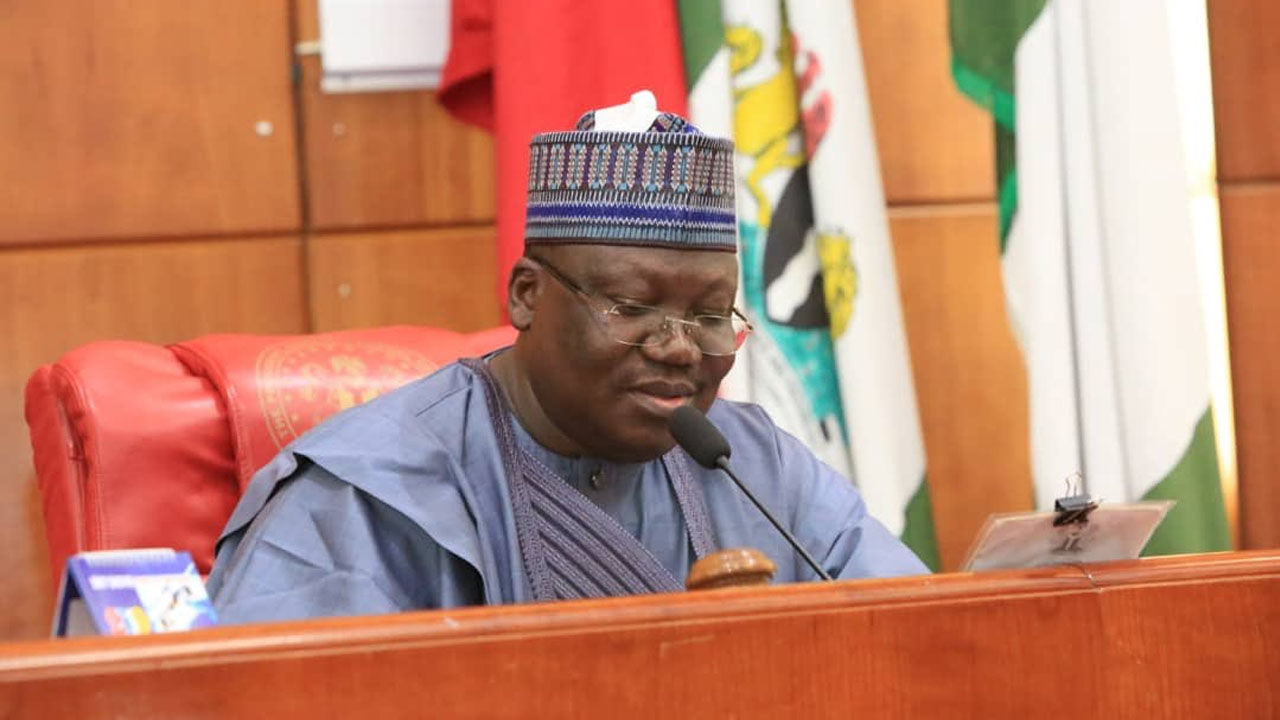The World Bank and the Federal Government have disclosed plans to invest about \$70 million in the second phase of the Innovation Development and Effectiveness in the Acquisition of Skills (IDEAS) project, aimed at improving skills acquisition in the country.
The World Bank Co-Task Team Leader of the IDEAS Project, Dr. Mistura Rufai, disclosed this yesterday in Abuja during a 2-day Memorandum of Understanding (MoU) and Contract Signing Workshop on the Nigeria Youth Employment Through Skills Acquisition Fund (NYESAF), organised by the National Project Coordinating Unit of the IDEAS project.
The World Bank Education Specialist disclosed that about 30,000 youths across the country would be trained for a 6-month period in various skills acquisition programs in the second phase, set to commence on the 25th of August. The number of beneficiaries, according to her, is an offshoot of the 1,000 youths trained during the first cohort.
She stated that the IDEAS project was conceived to bridge the gap in skills acquisition in the country and to ensure youths acquire relevant skills, not just to train but to ensure they get certification under the National Skills Certification Framework.
The National Project Coordinator of the IDEAS project, Mrs. Blessing Ogwu, explained that the IDEAS project is a soft component of the NYESAF program, code-named Technical and Vocational Education and Training (TVET), aimed at equipping Nigerian youths with relevant skills to bridge the unemployment gap.
She stated that the workshop was to train 97 service providers who had been selected to train the youths in about 36 skills, ranging from fishery, animal husbandry, construction, plumbing, tiling, electrical installation, among other 16 various digital skills.
She disclosed that about N300,000 will be provided to each trainee, saying the money will not be paid directly to the youths but will be used to provide the relevant equipment needed for them to start up their businesses.
The IDEAS project consultant, Ndem Ndiyo, explained that the Training Service Providers (TSP) are expected to train the youths in various technical skills, especially skills that will provide products that have commercial value.
He stated that the current Nigerian economy consumes most of the things we do not produce, which is why the government is working to make Nigeria become a production economy.
He maintained that the training would help with skills development, and young people, with their energy, are going to convert their labour and skills into a currency to grow the economy.
The TSP, according to him, are expected to train between 100 to 300 youths, depending on their capacity, adding that the focus was on practical training of the youths.
He disclosed that the TSPs are spread across the country, as they were selected after they expressed interest and after inspecting their facilities to ensure they have the wherewithal to equip the youths with relevant skills.






